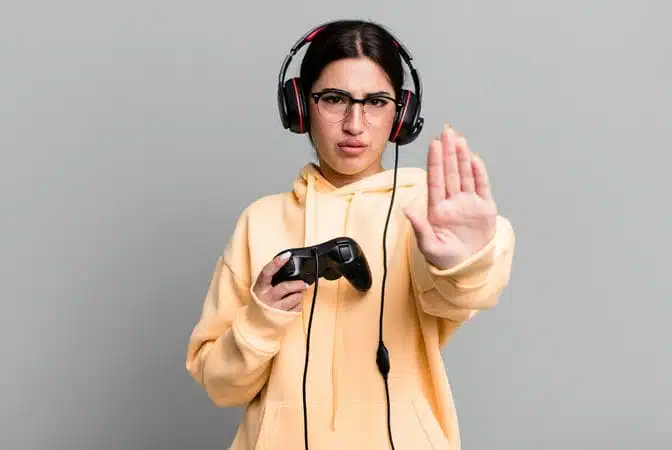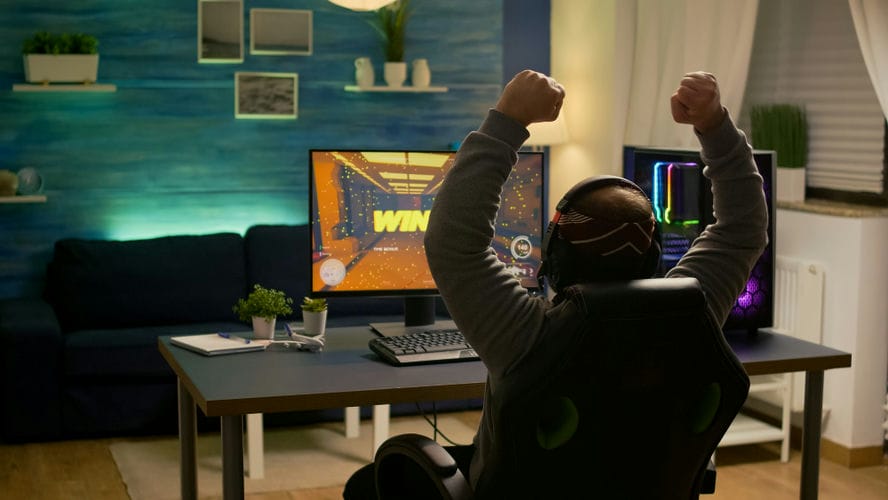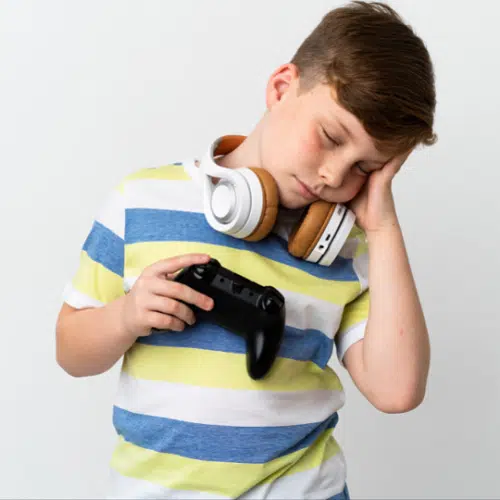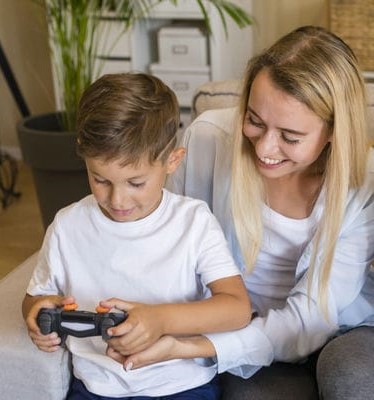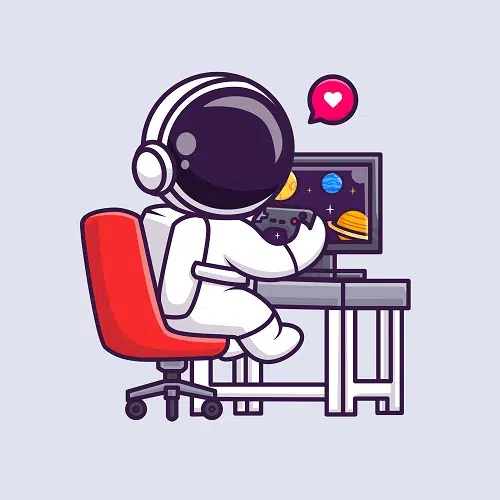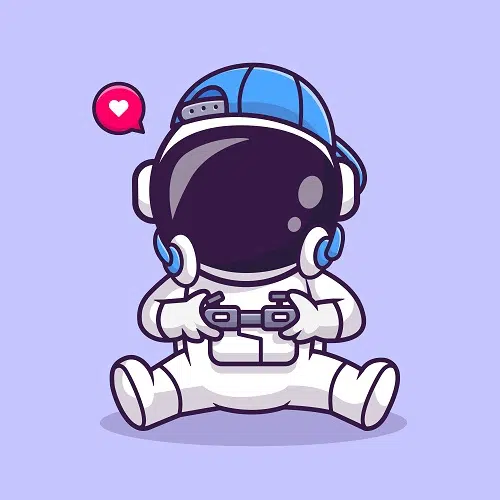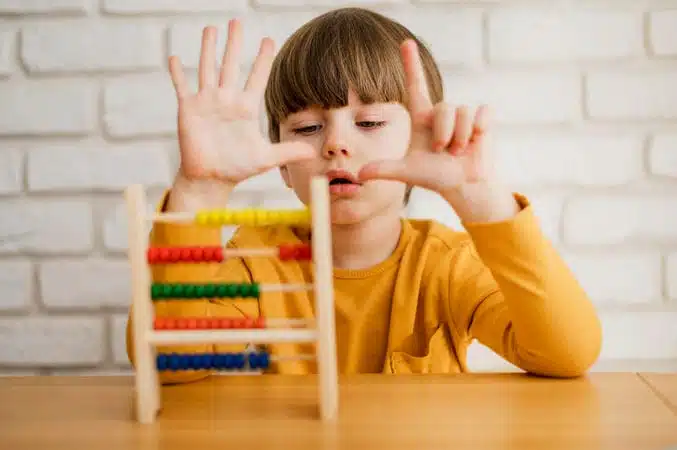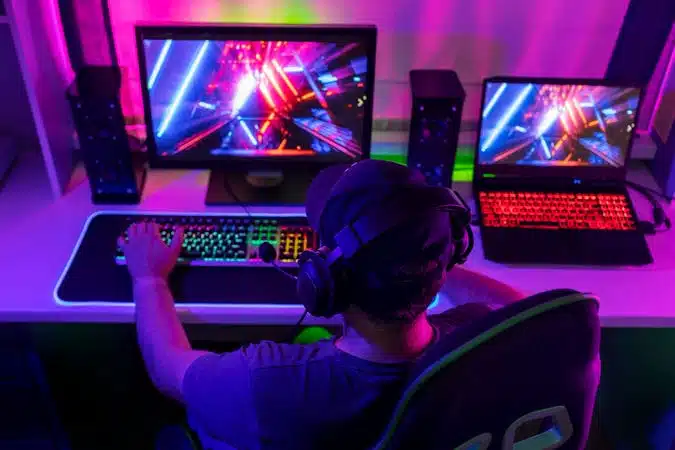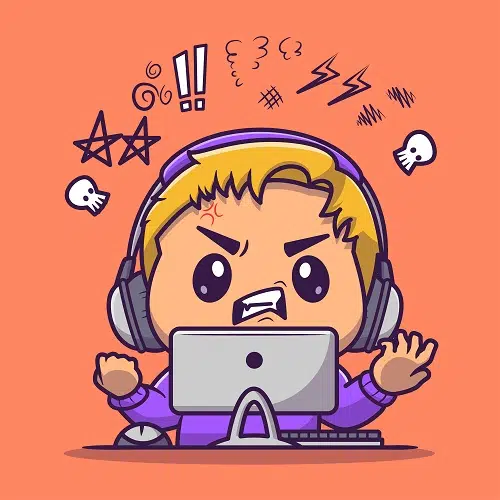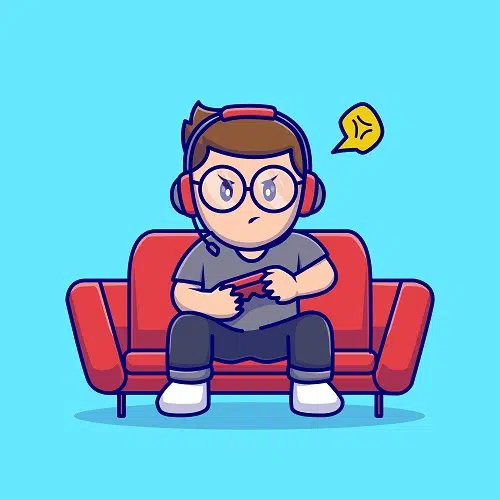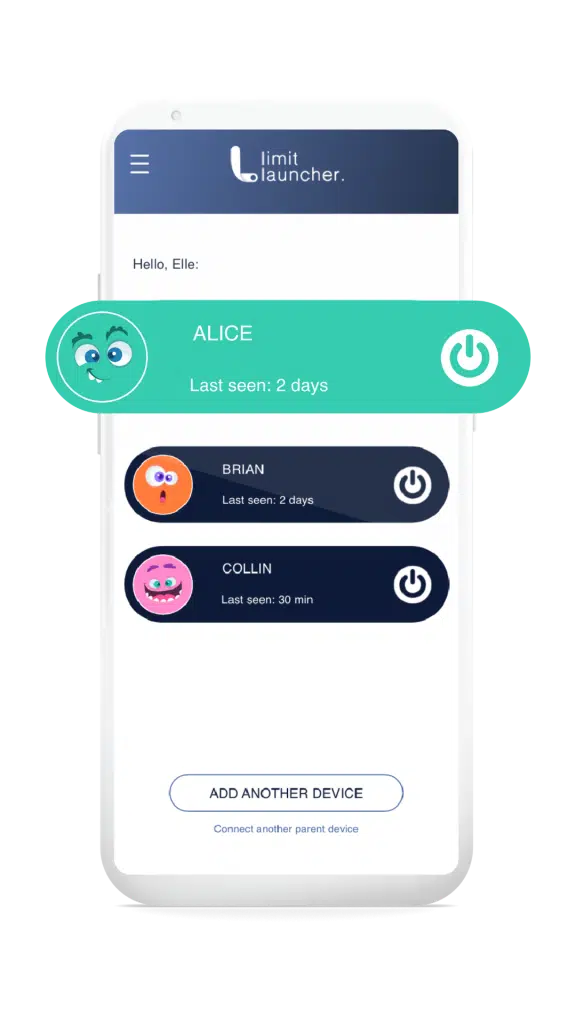It is common for parents to be worried about the amount of time their children play video games. Gaming addiction is a real issue, and the amount of screen time a child has on a daily basis can impact their lives. But how much gaming is too much before a parent can expect negative effects?
There is no consensus on how much gaming is too much, though most experts agree the limit lies between 2-5 hours a day. Studies have shown that at little as one hour a day of screentime is best for young children.
Studies will have different answers about gaming, its effects, and how to limit it, but there are also some points that most agree with. Continue reading to learn more about how limiting your child’s time spent with video games can be beneficial.
How Much Gaming Is Too Much?
While an exact number is out of the question, experts would agree that more than a couple of hours a day is excessive. This is not to say gaming, in general, is dangerous. However, obsessive attitudes towards gaming and repeatedly gaming for hours on end, every day, is a clear sign of addiction.
It is not easy to tackle the symptoms of gaming addiction, but there are steps to prevent it. The American Academy of Pediatrics suggests keeping electronics out of the bedroom for children, as doing this can help to foster less technology-reliant attitudes.
Keeping electronics out of the bedroom is especially important for addictive gaming because it keeps video games away from children during their studies or before bed.

Is 4 Hours of Gaming Too Much?
Do not let a lack of consensus be discouraging. Parents might worry about how much to limit their children’s gaming, but experts agree that it is best to lean towards less. Most of the negative side effects discussed in this article can be avoided by not playing excessively. Though limiting playtime is harder to accomplish for those who are addicted.
A good rule to follow is anything more than a couple of hours of gaming is probably too much for a single session. Four hours would certainly be considered excessive to most researchers, especially for students, since education and building healthy habits should take priority.
The Issues With Too Much Gaming
While there are no problems with casual enjoyment of games, in this section, the focus is on issues that arise from going overboard. Parents and those afflicted by gaming addiction often do not take it seriously, despite the trouble it can cause. Below, you will find a list of some of the negatives of too much gaming:
- Sleep: With devices being used commonly in their bedrooms, 30% of children and teens are experiencing insufficient sleep. Device use just before bed increases the likelihood. Light from screens is also harsh in the evening and keeps the body wire.
Physical Health: A sedentary lifestyle is commonly associated with gaming. By keeping still in front of a screen for long periods of time, your child could run the risk of obesity or vascular diseases. - Vision: Spending long periods of time in front of a screen can be damaging to the eyes. Eye strain, headaches, and dizziness are all possible side effects of too much gaming. It is best to take frequent breaks, even during a short session.

Mental and Social Issues
The previously mentioned issues were mainly physical, but gaming can cause problems in other parts of a child’s life as well. Here are a few ways it affects their mental and social health:
- Mental Health: The mental health risks of obsessive gaming are clear. As defined by the American Psychiatric Association, Internet Gaming Disorder is closely related to Gambling Disorder.The negative effects of such an addiction include an inability to cope, lashing out, and low self-esteem.
- School: Children and teens can also experience a stall in their learning from excessive gaming. Video games heighten the need for instant gratification, leading to troubles such as procrastination and an inability to pay attention.
- Excessive playtime can mean a change in mood and health for gamers of any age. It is important to curb the habit of spending too much time playing video games. For some, especially parents, this is a tough task. But it is not impossible. There are many ways to help your child, or even a friend, with their gaming addiction.

Ways to Deal with Obsessive Gaming
Obsessive gaming simply means that a child, teen, or adult compulsively plays video games. Fortunately, there are ways to foster a responsible gaming mentality, such as:
- Understand Why: Something more parents should utilize is the simple technique of understanding. By learning why a child or teen is taking to video games and perhaps spending too much time with them, a parent can better sympathize, allowing for better interactions between parent and child.
- Don’t Assume the Worst: There are also parents who may react negatively to any time being spent with video games. In turn, this behavior can lead to upsetting their child or teen. They may end up playing more due to feelings of isolation.
- Parental Control Software: Parental control software such as Limit Launcher allows parents to track and set limits for their children’s video game usage. By controlling gaming from the source, rules can be established without limiting the ability to use the Internet for homework.
- Encourage Other Activities: In tandem with parental controls, it is always a good idea to encourage other activities than gaming. These can be leisurely as well, but more constructive, such as reading or physical games that do not limit social interaction, such as board games.
- Dealing with Obsessive Gaming at the Source
Some ways to deal with obsessive gaming include getting to the root of the problem, both knowing what to steer your children away from and understanding the more pressing, underlying issues. A few examples are:
- Beware Games Designed For Addiction: In recent years, cases of children stealing their parents’ credit cards have soared due to the nature of “loot-box” games. Studies show that these types of games foster gambling-like environments.
- Obsessive Gaming As A Symptom: While video game addiction can sometimes be seen as a singular issue, it is better to look at it as a symptom. Studies have shown deep correlations between addiction and mental diseases such as anxiety and depression.
The key to dealing with obsessive gaming is to find other creative outlets. For parents, the most constructive way they can help their kids is simply to understand. Learn about gaming, learn about why your child may be playing excessively, and offer them different opportunities to enjoy themselves.
Form Healthy Gaming Habits
The best way to form healthy gaming habits, either for yourself or for your child, is to find ways to limit video game access. Noticing the signs of gaming addiction early and taking preventative steps through software or simple habit building is the best way to keep addiction at bay.
Pay attention to yourself or your child, and act fast when it is clear that the amount of time spent playing video games is having a real effect on productivity and life.
Conclusion
While how many hours is too much remains undetermined, the opinion is that less is better, with around four being the maximum. However, the most important factor is whether the behavior is obsessive. If it is, you should take steps to prevent and fix such behavior.





